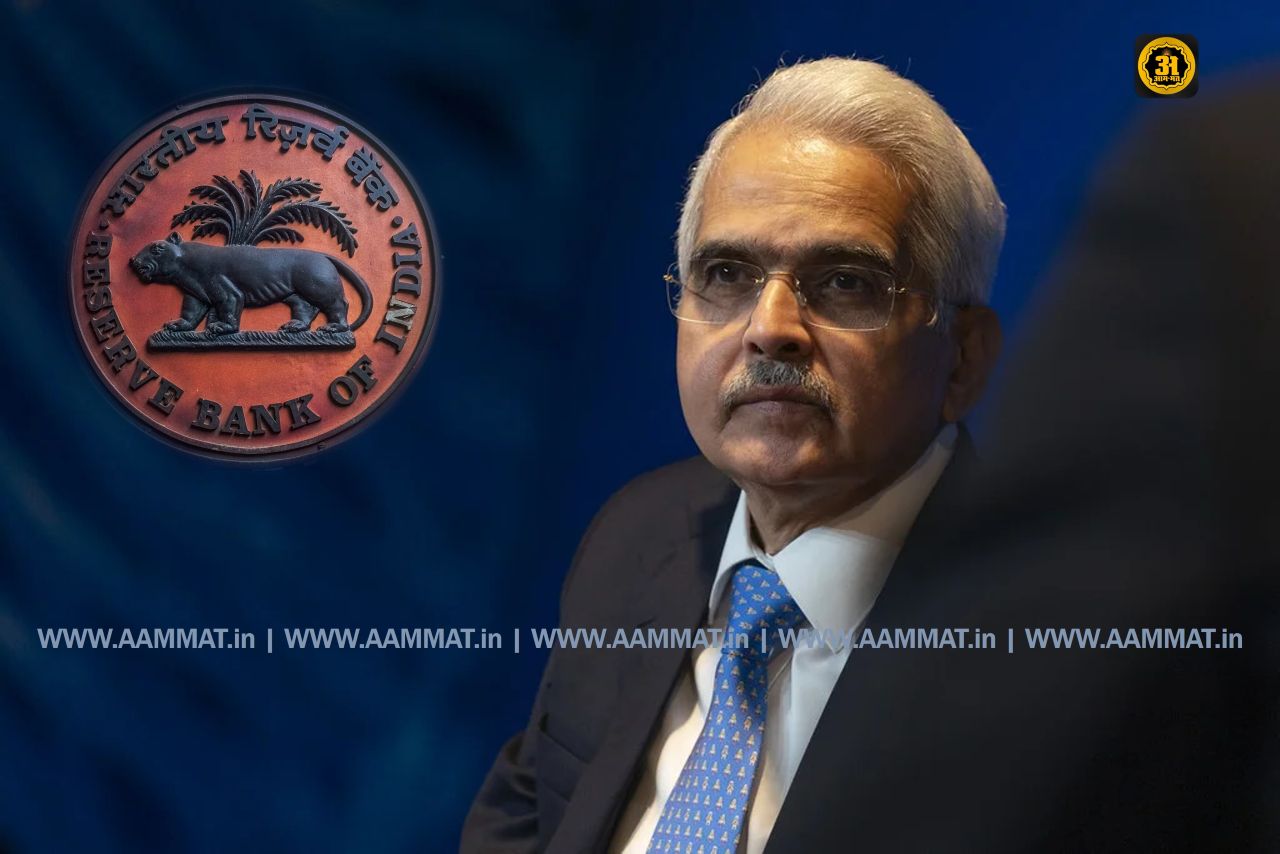Opinions expressed by Entrepreneur contributors are their own.
You’re reading Entrepreneur Middle East, an international franchise of Entrepreneur Media.
This article is part of an ongoing series covering startups that have been a part of the Mohammed Bin Rashid Innovation Fund (MBRIF) accelerator program.
With the increased assimilation of artificial intelligence (AI) into the world of business, many commercial businesses have begun to rely on tools such as virtual assistants, chatbots, and automatic speech recognition (ASR) platforms. All of these fall within the category of conversational AI—a subset of AI in which large amounts of data, such as text and speech, are processed by a given system/machine to generate language that is easily understood by the layman customer. But consider the implications of such data sets when they come from not just different industries, but also different regions and nations—as it stands, AI, in and of itself, isn’t built to accurately decipher such differences in jargon and dialects. And it is to tackle this glaring loophole that Aqlama Language Services (Aqlama) was launched in Palestine in 2019.
“Aqlama essentially specializes in providing curated and structured high-quality data for AI and machine learning (ML) training purposes,” says Dr. Fayeq Oweis, founder and CEO of Aqlama. “Our services include the collection of data (voice, text, and images), transcription, annotations, localization, translation, and content development. We collect our own curated data, based on specific languages/dialects or industries. This data can then be used to train virtual assistants, chatbots, sentiment analysis, speech-to-text, and content generation models. Aqlama thus aims to resolve the problem of the lack of high-quality and structured data for AI developers, especially for dialects and specific industries.”
Now, before further exploring Aqlama’s offerings, it is perhaps more important to first understand Dr. Oweis’ journey in this field. During his tenure as a Language Manager at Google (one that lasted 10 years), Dr. Oweis was primarily responsible for launching many of Google’s products and services in Arabic and other languages. In an overall career that has surpassed two decades, he has also managed large teams of translators and language specialists covering 45 languages. It is this wealth of knowledge that Dr. Oweis used to get Aqlama off the ground five years ago, and it isn’t very surprising, then, to hear his response to being asked about his company’s unique selling proposition. “Our strength lies in our knowledge, experience, and the resources we use to curate and collect high-quality structured data!” he declares.
Built as a data as a service (DaaS) company that collects and validates speech datasets for AI and ML systems, Aqlama focuses on building industry-specific virtual assistants by enhancing language, dialect, and voice-based technologies. “We have a business-to-business (B2B) business model, and our services are provided based on the amount of collected data,” Dr. Oweis explains. “For example, speech data collection is sold per hour of audio, while text collection is priced per word, or per pairs of questions and answers.”
So far, this operational model has held Aqlama in good stead as a business. “We are a revenue-generating business, having generated about US$5 million in the past four years,” Dr. Oweis shares. “We have not received any investments, but have received a few grants for a total of $100,000. Currently, the Aqlama team has eight full-time employees and thousands of contract workers. Additionally, the business has been valued at $7.5 million by experts based on existing and potential revenues.”
At the same time, Dr. Oweis and his team are also working on what they are calling the Aqlama Platform, which shall be an automated version of its existing offering. “We have been using manual processes in the data-collecting phase, but we now want to create an innovative platform to automate the process,” Dr. Oweish says. “The new platform will provide data contributors and data users with an easy-to-use process and access to high-quality and structured data.”
Plus, in a bid to expand Aqlama’s services to a wider audience, Dr. Oweis is now making its way to the UAE- a move that has been aided through the startup’s participation in the MBRIF Innovation Accelerator. “We joined this program to learn more about entering the UAE market, and to hopefully get introduced to a network of potential clients,” he adds. “Our journey has been mostly in Palestine, and we want to expand and have a presence in Dubai to be able to serve the Emirati market. We believe this is the right time to enter the UAE market, especially having worked for one UAE-based client already.”
Related: Startup Spotlight: Here’s How UAE-Based Appro Is Simplifying Customer Onboarding For Banks
















